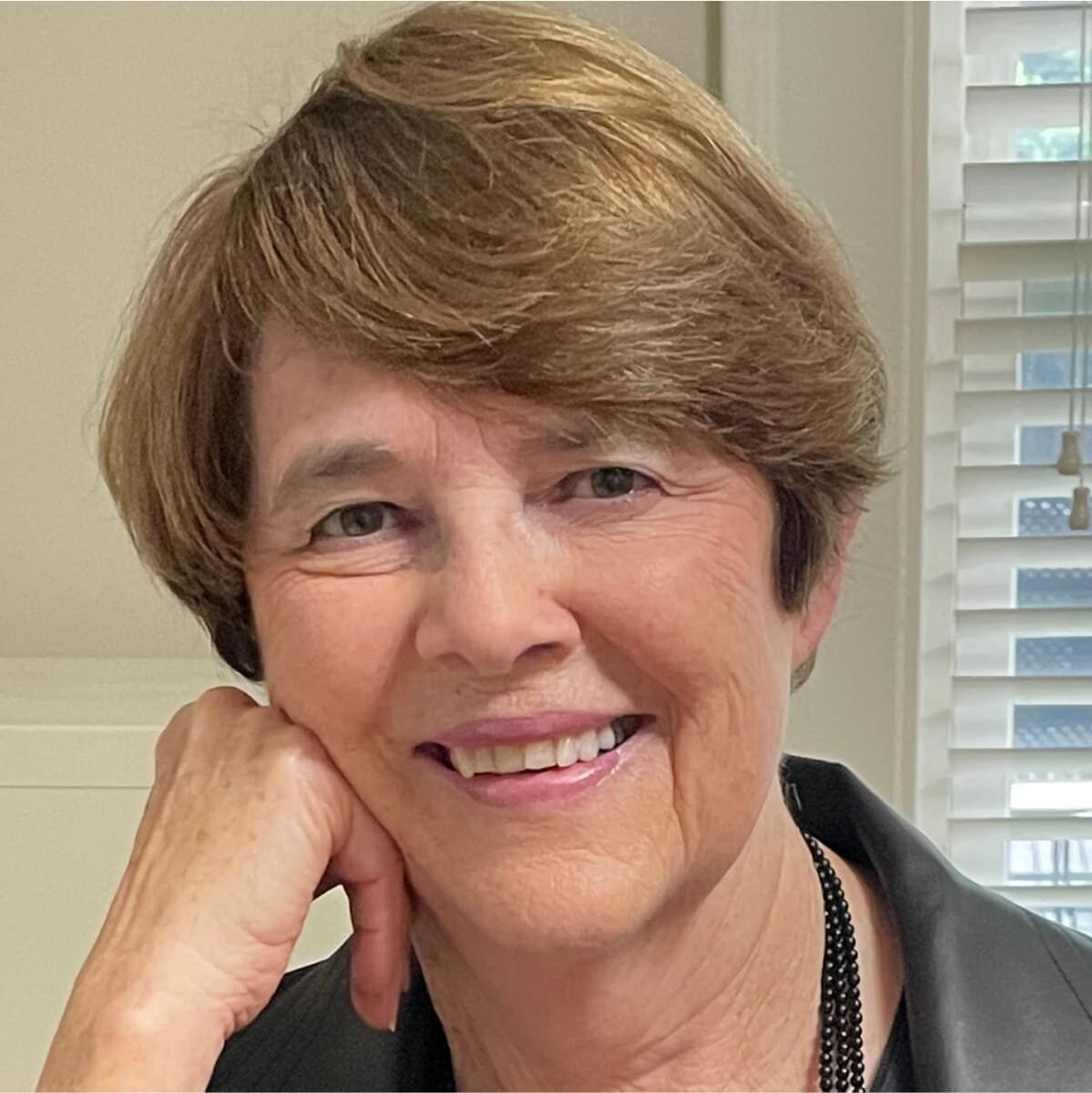
What Would Grandpa Bill Say?
June 18, 2020
America in 2020 is a scary time to be a journalist. To be on the front lines, reporting on the social and racial unrest in the United States today, is a dangerous place to be.
Just ask the freelance photographer who was blinded in one eye while covering a demonstration; the television reporter and his crew who were arrested by police on live TV; the reporters who were pepper sprayed, tear-gassed, shoved, pushed to the ground, and shot by rubber bullets while covering peaceful protests near the White House and in other states.
The Committee to Protect Journalists (CPJ) and the U.S. Press Freedom Tracker have counted more than 300 incidents of anti-press violence since May 26. This is “a number that we have never seen in the United States,” according to CPJ.
This is “not a question of a few isolated missteps,” the CPJ said in a letter demanding that local authorities halt assaults on journalists. “These reports have come from 53 different communities across 33 states. Many of those journalists say they were attacked or even arrested after clearly identifying themselves as press and offering to move as asked.”
In 2018, the U.S. for the first time joined the ranks of the most dangerous countries for journalists to operate, according to the advocacy group Reporters Without Borders. The United States used to be a revered beacon for freedom of the press.
What would our Founding Fathers say? We know what one of them, Thomas Jefferson, said in 1787 when writing from Paris about his brand-new country: “If it were left for me to decide whether we should have a government without newspapers or newspapers without a government, I should not hesitate a moment to prefer the latter.”
Jefferson and the other Founding Fathers believed so strongly that a free press was essential to provide a check on the government that they enshrined that freedom in the First Amendment. (Remember: these men had just fomented a successful revolution against the hated English, and they understood a thing or two about the importance of an unfettered press.)
I know what my grandfather would say about the importance of a free press.
William S. Mellus, known to me and his other grandchildren as “Grandpa Bill,” was a crusading newspaperman and publisher of a chain of weekly newspapers in Michigan from 1933 until 1969. Nicknamed “Battling Bill”, he was fearless, unmasking bootleggers, corrupt politicians and crooked sheriffs alike. Grandpa set aside Thursday mornings (the paper was published on Wednesdays) so that angry readers, such as the corrupt politicians he loved to expose, could come to his office and try to punch him in the nose. Because he weighed about 260 pounds at the time and used his stomach as a battering ram, my grandfather said he usually won.
In 1935, he exposed the doings of the Black Legion, a shadowy, Ku Klux Klan-type organization in Michigan that terrorized blacks, Catholics, and Jews. Decrying them as “a cult of hooded avengers and killers,” he revealed their names on the front page of his newspapers. Some of them turned out to be prominent businessmen, attorneys, elected officials, and police officers.
The Black Legion was not pleased. It put out a contract on my grandfather’s life, which, happily, never came to fruition. Grandpa Bill lived on, battling the evil-doers, until his death in 1979.
So, I think I know what Grandpa Bill say about the importance of a free press. Our First Amendment, he would say, guarantees the rights of journalists to bear witness.
We are not “the enemy of the people”, he would say, as Donald Trump and his allies have been claiming for nearly four years now. “The journalists who are covering the demonstrations are doing so on behalf of the public,” he would say.
“Law enforcement departments can do their jobs without violating the rights of journalists to report to the public,” he would say, just as the Committee to Protect Journalists actually did say on June 5.
Grandpa Bill would be furious, and heartsick, at the dangers to freedom of the press – and to my fellow journalists — that have come to America in 2020.

Jan Collins is a Columbia, South Carolina-based journalist, editor, and author. A former Nieman Fellow at Harvard and former Congressional Fellow in Washington, D. C., she is the coauthor of Next Steps: A Practical Guide to Planning for the Best Half of Your Life (Quill Driver Books, 2009).